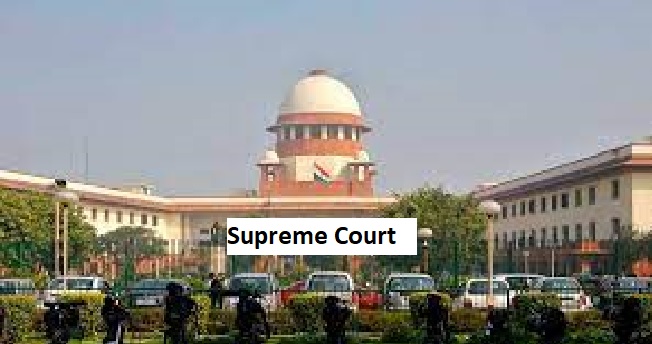


In the Aarey Case of 2023, the Supreme Court of India took significant actions in response to the Mumbai Metro Rail Corporation Ltd (MMRCL) seeking permission to cut trees in excess of the limits allowed. This case, officially titled "In Re: Felling of Trees in Aarey Forest (Maharashtra), 2023," was covered by LiveLaw and assigned the references SC 334 and INSC 381.
The Supreme Court imposed a substantial fine of Rs. 10 lakh on the MMRCL for their attempt to exceed the permissible number of tree cuttings. This penalty is a reflection of the Court's commitment to enforcing environmental regulations and ensuring responsible practices in the context of infrastructure development and ecological preservation. While the fine may serve as a deterrent against future violations, it also underscores the importance of abiding by the established rules and restrictions in environmental matters.
Simultaneously, the Supreme Court granted permission for the felling of 177 trees in the Aarey Forest, situated in Maharashtra. This decision signifies a delicate balance between development and conservation, acknowledging the necessity of infrastructure projects for urban growth while also recognizing the environmental significance of preserving tree cover. The Court's decision to permit a limited number of tree cuttings is indicative of a conscientious approach to environmental concerns and highlights the importance of sustainable development.
Furthermore, the case brings attention to the issue of environmental clearances and the imposition of additional conditions. The Court's ruling affirms that an appeal can be made before the National Green Tribunal (NGT) in response to a corrigendum imposing extra conditions on environmental clearances. This decision underscores the avenues available for scrutiny and redressal in cases where environmental standards and stipulations are altered or augmented during the project implementation phase. It reaffirms the significance of ensuring compliance with environmental regulations and the ability of relevant authorities to oversee such matters.
The Aarey Case represents a noteworthy legal development in environmental law, emphasizing the importance of striking a balance between development and ecological preservation. It serves as a reminder of the responsibilities of organizations and authorities involved in large-scale projects to adhere to environmental regulations and to respect the sanctity of natural habitats. Additionally, it highlights the legal mechanisms in place for challenging modifications to environmental clearances, promoting transparency and accountability in environmental decision-making processes.
This case may set a precedent for future environmental cases and contribute to the ongoing discourse surrounding sustainable development, ecological conservation, and the intricate relationship between infrastructure projects and the environment.
TAGS: Aarey Case Supreme Court Mumbai Metro Rail Corporation Ltd tree cutting environmental regulations